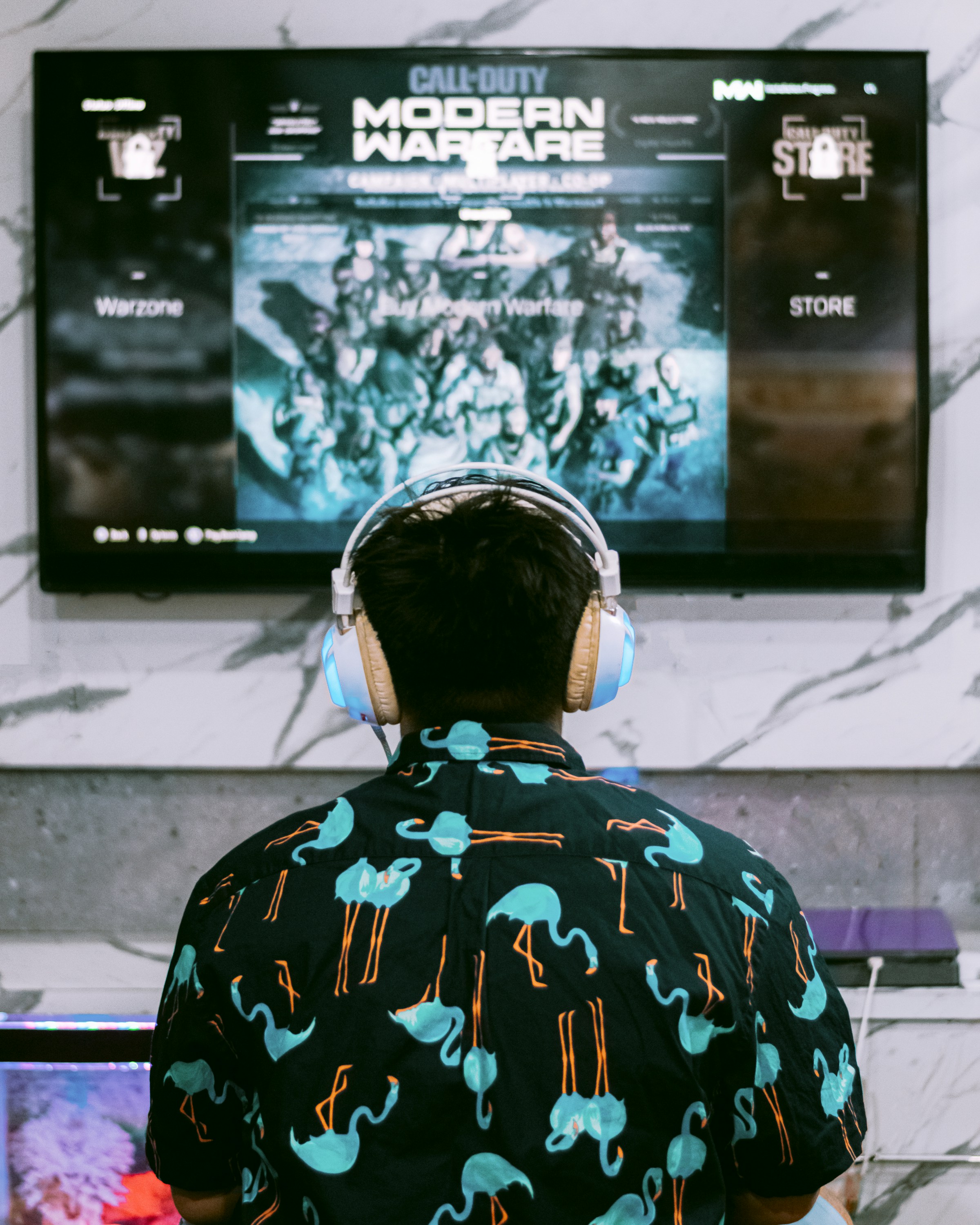How Multiplayer Games Are Shaping Social Interactions
The gaming world has changed significantly in recent years, fueled by the meteoric rise of multiplayer games. Once confined to arcades and living rooms, gaming has now burst into the online world, connecting players across the globe, changing how games are played and how people interact with each other. This article explores how multiplayer games are reshaping social interactions in the digital age.
Author:Elisa MuellerReviewer:James PierceJan 29, 20244.5K Shares120K Views

The gaming world has changed significantly in recent years, fueled by the meteoric rise of multiplayer games. Once confined to arcades and living rooms, gaming has now burst into the online world, connecting players across the globe, changing how games are played and how people interact with each other. This article explores how multiplayer games are reshaping social interactions in the digital age.
From Local Multiplayer to Online Gaming
Multiplayer gaming, initially centered around local co-op and competitive play, has dramatically evolved with the advent of the internet. This evolution introduced online gaming, connecting players globally and paving the way for today's complex, massively multiplayer online games. Technological advancements like faster internet, advanced consoles, and sophisticated game design have enabled real-time interactions and innovations like cloud gaming and cross-platform play. These developments have expanded multiplayer gaming's reach, making it more inclusive and accessible. Additionally, the genre's diversity, ranging from RPGs and FPS to strategy and casual social games, caters to various interests, encouraging social interactions and community building.
The Psychological Impact of Social Interactions in Gaming
In multiplayer gaming environments, social dynamics play a crucial role. These games serve as digital social hubs, fostering the formation of friendships and communities. Players connect in virtual spaces, forming guilds, clans, and teams that offer a sense of belonging and identity. Communication tools like voice chat, text messaging, and in-game gestures are vital for enhancing these interactions, allowing players to strategize, share experiences, and build relationships. These interactions have a profound psychological impact, positively influencing self-esteem and social skills through teamwork and support. However, challenges like cyberbullying highlight the need for understanding these dynamics to maintain a healthy gaming environment.
Online Poker and Social Gaming
Online poker has witnessed significant growth, evolving into a vibrant platform for social gaming. This surge in popularity is not just due to the game's inherent challenge and strategy but also because of the unique social elements it introduces. Online poker platforms have ingeniously integrated features like chat functions and virtual tables, creating an engaging social environment that extends beyond the traditional game.
One of the most appealing aspects of online poker is the ability to organize social events and play online poker with friendsusing tools like Home Games from PokerStars. This feature transforms the game from a solitary activity into a social gathering, similar to in-person poker nights. Players can organize private games and form clubs where they can compete against up to 501 members in a virtual setting with video chat, player statistics, and more. This format enhances the fun and competitiveness of the game and allows for a shared social experience that strengthens bonds and fosters community.
Moreover, the blend of strategy, psychology, and social interaction in poker makes it a uniquely compelling game. Players must read their opponents, anticipate moves, and adapt strategies, all while engaging in social dynamics that can be as nuanced as the game itself. This combination of mental challenge and social interaction is what sets online poker apart in the world of social gaming.
The Impact of Multiplayer Games on Real-Life Social Skills
Multiplayer gamessignificantly impact real-life social skills, challenging the stereotype of gaming as an antisocial activity. These games often require players to engage in complex social interactions, mirroring real-world communication dynamics. Skills honed in the virtual world, such as teamwork, leadership, and problem-solving, are directly transferable to real-life scenarios. Players learn to collaborate with diverse individuals, enhancing their ability to work effectively in group settings.
Cooperative and competitive play in these games is essential in developing communication skills. In cooperative modes, players must work together, often strategizing and making collective decisions, fostering community and empathy. Competitive play, on the other hand, sharpens negotiation and conflict-resolution skills as players learn to navigate challenges and disagreements.
Multiplayer games debunk the myth of gaming as purely solitary by providing a platform for social interaction and skill development. Instead, they emerge as dynamic environments where valuable social skills are developed and refined, contributing positively to players' social competence in the real world.

Elisa Mueller
Author

James Pierce
Reviewer
Latest Articles
Popular Articles
